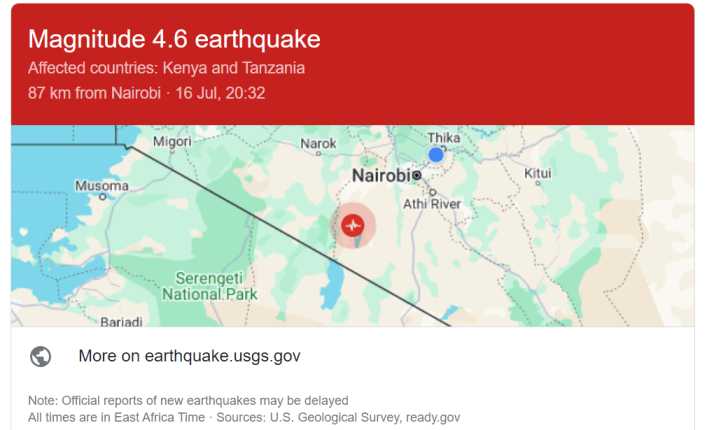All About SARS Processes: How Long Does SARS Take to Pay Out, Update Banking Details on eFiling, Checking SARS Balance & Status.
The South African Revenue Service (SARS) plays a pivotal role in the South Africa’s economy, ensuring that taxes are collected efficiently and effectively. Moreover, As a taxpayer, understanding how to interact with SARS, including how long it takes for payouts and updating banking details. In addition, to checking your balance and status, and claiming tax returns, is crucial. Here’s a detailed guide to help you navigate these processes seamlessly.
How Long Does SARS Take to Pay Out?
One of the most common questions taxpayers have is about the timeframe for SARS payouts. Once you have submitted your tax return, SARS typically processes refunds within 21 business days, provided there are no complications or additional verifications required. However, this period can vary based on several factors. First, including the accuracy of the information provided, the completeness of the return, and whether or not additional documentation is requested by SARS.
It’s important to ensure that all your information is accurate and up to date to avoid delays. If you experience delays beyond the standard processing time, it might be worthwhile to contact SARS directly or check your status via the SARS eFiling platform.
How to Update Banking Details on eFiling
Keeping your banking details up to date is essential for ensuring that any refunds or payouts from SARS are directed to the correct account. Here’s how you can update your banking details on eFiling:
1. Log into SARS eFiling:
Visit the SARS eFiling website and log in using your username and password.
2. Access your Profile:
Navigate to the ‘User’ tab and select ‘Maintaining Registered Details’.
3. Update Banking Details:
Under the ‘Banking Details’ section, click on ‘Edit’. Enter your new banking details carefully.
4. Submit Changes:
Once you have entered the new details, review the information to ensure accuracy and then submit your changes.
5. Verification Process:
SARS may require you to verify the new banking details. Follow the instructions provided for verification, which might include uploading supporting documents such as a bank statement or a confirmation letter from your bank.
How to Check SARS Balance
Knowing your SARS balance can help you stay on top of your tax obligations and refunds. Here’s how you can check your SARS balance:
1. Log into eFiling:
Access the SARS eFiling website and log in.
2. Navigate to ‘My Profile’:
Click on the ‘Tax Types’ tab and select ‘Income Tax’ or the relevant tax type.
3. View Account Balance:
Your current balance will be displayed, showing any amounts due or refunds owed to you.
Alternatively, you can contact SARS directly via their call center or visit a SARS branch to get information about your balance.
How to Check SARS Status
Checking your SARS status is essential to ensure that your tax affairs are in order. Here’s how to do it:
Log into eFiling:
Access the SARS eFiling portal.
Navigate to ‘SARS Correspondence’:
Click on the ‘SARS Correspondence’ tab.
View Your Status:
Here you will find letters and notifications from SARS, which include information about your tax status.
Additionally, the ‘Tax Compliance Status’ functionality on eFiling provides a comprehensive view of your compliance status for various tax types.
How to Claim a Tax Return
Claiming a tax return is a straightforward process if you follow these steps:
Complete Your Tax Return:
Log into eFiling and complete your tax return accurately, ensuring all required information and documentation is provided.
Submit Your Return:
Once your return is complete, submit it electronically via eFiling.
Await Assessment:
SARS will process your return and issue an assessment. This will indicate whether you are due for a refund or need to make a payment.
Receive Your Refund:
If you are due for a refund, it will be processed and paid into your bank account within the standard 21 business days, provided all information is correct and there are no additional queries from SARS.
In Sum
By understanding these processes, you can effectively manage your interactions with SARS, ensuring smooth and timely handling of your tax affairs. For more detailed guidance, always refer to the official SARS website or consult with a tax professional.












